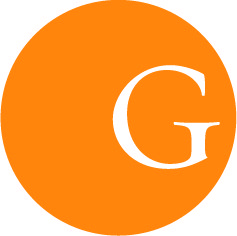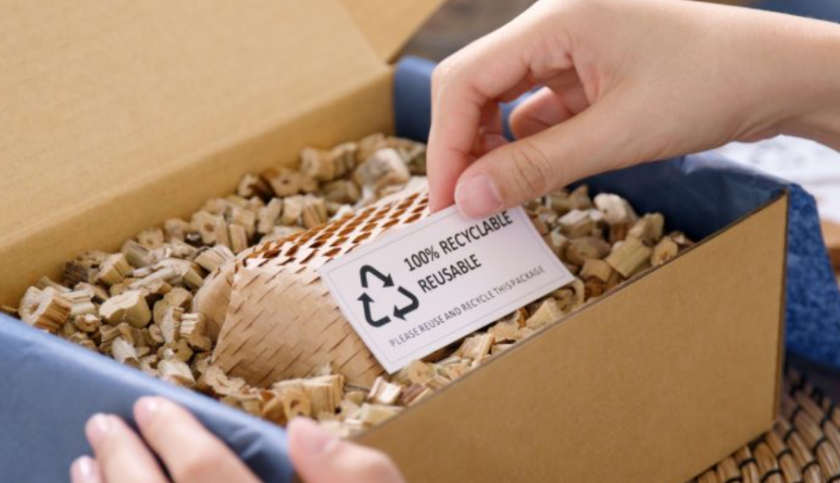 In August 2019, Grossman Marketing Group launched its SwagCycle program, which let companies repurpose their unwanted or unused branded items, like T-shirts, hats, business cards, mugs, writing instruments, bags and more. A lot of these items would be “obsolete,” meaning they featured an old logo, referenced a canceled event, etc.
In August 2019, Grossman Marketing Group launched its SwagCycle program, which let companies repurpose their unwanted or unused branded items, like T-shirts, hats, business cards, mugs, writing instruments, bags and more. A lot of these items would be “obsolete,” meaning they featured an old logo, referenced a canceled event, etc.
The goal was to ensure that the products didn’t up in a landfill, something that has been a concern for critics of the promotional products industry, as evidenced by articles about “trinkets and trash.”
A little more than a year later, Grossman Marketing Group has the results of its SwagCycle program.
As of December 31, 2020, the program engaged with 21 different companies across 13 states and two continents, kept 60,418 items out of landfills and yielded $168,922.18 in charitable donations.
Specific examples of repurposed products include a travel company that donated 1,000 BPA-free aluminum sports bottles to the United Way Massachusetts Bay and Merrimack Valley, which then distributed the bottles at a community event supporting families experiencing homelessness and the Boys and Girls Clubs of Boston.
A pharmaceutical company donated individually wrapped toothbrushes to Project Stretch, which was founded by dental professionals looking to provide dental services to children in need.
Grossman Marketing Group even got involved, donating more than 6,000 cotton masks to the Greater Boston Food Bank, which in turn distributed them to its team members in distribution and warehouse roles, and in its network of shelters, kitchens and pantries.
“It was a pleasure working with SwagCycle,” said Christian Pfrommer, founder of Wunderspoke Marketing, which donated 1,500 T-shirts that were no longer brand-compliant to be turned into painters’ rags. “They were able to provide a textile recycling solution that left the smallest footprint possible, which my client was thrilled about. In addition, their recycling solution was in my home market, creating the smallest amount of transit-related emissions possible. Overall, the experience was fantastic, and I would highly recommend their service to others.”
Of course, like most other businesses, the SwagCycle program was greatly impacted by the pandemic. But, the cancellation of events and other forced pivots as a result of the pandemic actually created opportunities for SwagCycle to do its work.
“Over the summer, however, demand for our services exploded” said Ben Grossman, co-president of Grossman Marketing Group. “Major drivers were rebrands, cancelled conferences, and companies consolidating offices and wanting to find a home for their swag.”
Grossman is optimistic that the momentum will carry into 2021, as companies see the opportunity to decrease their carbon footprint and use existing products to benefit others.
Eco-friendly initiatives like using recycled textiles or minimizing water usage in the manufacturing process are becoming commonplace in the promotional products industry. As customer bases skew younger, this will be increasingly important.
“Our first-in-the-industry offering has been very well received by companies, charities and even promotional products competitors,” Grossman said. “And we feel like we have a tailwind as we continue in 2021.”


